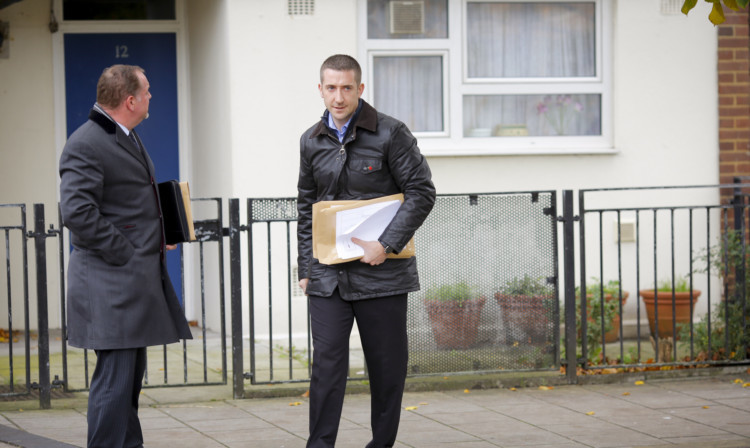Police investigating claims that a couple held three women for more than 30 years are investigating 13 addresses linked to the suspects.
The three alleged victims – a 30-year-old Briton, a 57-year-old Irishwoman and a 69-year-old Malaysian – are believed to have suffered years of “physical and mental abuse” at the hands of the man, who is 73, and woman, aged 67.
House-to-house inquiries have been carried out in and around Peckford Place, Brixton, south London, where the three women were found.
Scotland Yard said: “We have identified 13 addresses, all of which are in London, linked to the suspects and we have ongoing inquiries in relation to all of these addresses.”
The couple, who are of Indian and Tanzanian origin and came to the UK in the 1960s, were arrested on Thursday morning but have since been released on bail until a date in January.
The two suspects, who were previously arrested in the 1970s, were associated with a number of extreme left political groups and ran a communist collective in the 1970s that worshipped the Chinese leader Mao Zedong, it has been reported.
Metropolitan Police commander Steve Rodhouse has said: “We believe that two of the victims met the male suspect in London through a shared political ideology, and that they lived together at an address that you could effectively call a ‘collective’.
“The people involved, the nature of that collective and how it operated is all subject to our investigation and we are slowly and painstakingly piecing together more information. I will not give any further information about it.
“Somehow that collective came to an end and the women ended up continuing to live with the suspects.
“How this resulted in the women living in this way for over 30 years is what we are seeking to establish, but we believe emotional and physical abuse has been a feature of all the victims’ lives.”
Yesterday Home Secretary Theresa May said tackling modern slavery in Britain was a “personal priority”, saying many other victims were “hidden in plain sight” across the country.
“It is walking our streets, supplying shops and supermarkets, working in fields, factories or nail bars, trapped in brothels or cowering behind the curtains in an ordinary street: slavery,” she wrote in the Sunday Telegraph.
“Something most of us thought consigned to history books, belonging to a different century, is a shameful and shocking presence in modern Britain.”
The youngest of the three alleged victims is said to have written letters to neighbour Marius Feneck, 26, describing her life as being “like a fly trapped in a spider’s web”.
The woman wrote more than 500 letters to him in seven years, the Guardian said, after becoming infatuated with him.
One letter apparently told of the “unspeakable torment” she suffered behind locked doors and windows, and of how she was terrified that her captors – “these evil criminals… who dare to call themselves ‘my relatives”‘ – might do something to him.
The case came to light after the Irish woman rang the Freedom Charity last month to say she had been held against her will.
Scotland Yard said that part of the agreement on October 25 when the women were removed from the address was that police would not take any action at that stage.
None of the women was reported missing after being rescued, police said, and all three are now in the care of a specialist non-governmental organisation.
Officers have recovered a birth certificate for the 30-year-old woman, who is believed to have lived her entire life in servitude, but no other official documents for her have been found.
